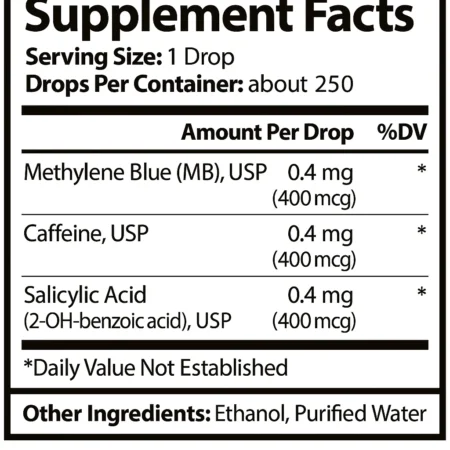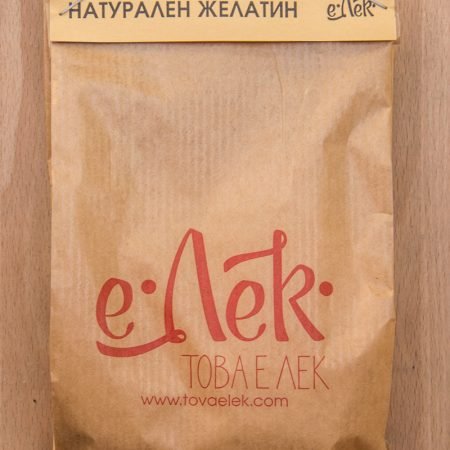Страхотно проучване, което отново свързва алтруистичното поведение с метаболизма и енергетиката. В миналото писах за проучванията на егалитарните убеждения/нагласи, които са по-енергийно скъпи от егоистичните, и като такива предполагат, че хората с първите убеждения са в по-добро метаболитно здраве.
https://journals.sagepub.com/doi/abs/10.1177/0146167215591961
Също така има няколко проучвания, които свързват способността за въображение с интензивността на метаболизма и дори с дихателния коефициент (показател за нивото/интензивността на окисление на въглехидратите).
https://www.wsj.com/articles/for-babies-life-may-be-a-trip-1531932587?mod=e2fb
Проведеното по-долу проучване предоставя доказателства за връзката между въображението и алтруизма, което допълнително засилва връзката с оксидативния метаболизъм и цялостното здраве. Всъщност проучването твърди, че връзката е линейна – т.е. колкото по-лесна е активността на въображението в определени области на мозъка, толкова по-алтруистично е поведението на този човек с въображение. Така че може би кризите на демокрацията и социалните взаимодействия, които наблюдаваме в момента по света, всъщност са само признак/симптом на лошо здраве/метаболизъм. В този смисъл целта НЕ трябва да бъде „повече дискусии“ (както продължават да изискват политиците) за това как опростено да се справим с тези признаци/симптоми. Дискусията (и действията) трябва да бъдат насочени към това защо здравето на хората е толкова лошо и как то може да бъде подобрено, защото това е основната причина за социалните/националните разногласия. И в по-практичен план, независимо от който и да е политик, като се има предвид връзката между допамина и въображението, може би е възможно да се увеличи алтруизмът чрез увеличаване на допаминовата сигнализация и/или блокиране на серотонина.
https://academic.oup.com/scan/article/14/4/397/5365293
https://www.eurekalert.org/pub_releases/2019-07/bc-tbp071119.php
“…Neuroimaging helped the researchers identify multiple neural pathways that explain the relationship between imagination and the willingness to help others, researchers from Boston College and the University of Albany, SUNY, reported recently in the journal Social Cognitive and Affective Neuroscience.”
“…The study discovered evidence for the direct impact of scene imagery on willingness to help, according to Boston College Associate Professor of Psychology Liane Young, a co-author and the principal investigator on the project. While study participants imagined helping scenes, neural activity in MTL predicted overall willingness to help the person in need, according to the article, “A role for the medial temporal lobe subsystem in guiding prosociality: the effect of episodic processes on willingness to help others,” which was published in the journal’s April 14 edition. “If we are able to vividly imagine helping someone, then we think we’re more likely to actually do it,” said Young, director of the Morality Lab at BC. “Imagining the scenery surrounding the situation can also prompt people to take the perspective of the people in the situation who need help, which in turn prompts prosocial action.”
“…Neuroimaging revealed that the willingness to help was also predicted by activity in the RTPJ, a critical node that’s involved in taking the perspective of other people, according to the researchers. However, in the second experiment, when the team used TMS to temporarily inhibit activity in the RTPJ, they found that the altruistic effect of vividly imagining helping remained significant, suggesting that this effect doesn’t depend exclusively on perspective-taking.”
“…This contradiction may be explained by lower MTL activity reflecting greater ease of imagining episodes, and that ease of imagination means that participants are more willing to help. Consistent with this account, the team found that when participants reported finding it easier to imagine or remember helping episodes, they also tended to report being more willing to help the person in need.”
Източник:
- Революционен поглед върху рака: Метаболитен, а не само генетичен проблем
- Хидроксиапатит в оралната грижа: Преглед на ползите, механизма и сравнение с флуорида
- Колко пресни портокала са ви необходими, за да изчистите черния си дроб от мазнини?
- Хроничният стрес понижава допамина и причинява психични заболявания
- Естрогенът и кортизолът, а не андрогените, потискат имунитета










